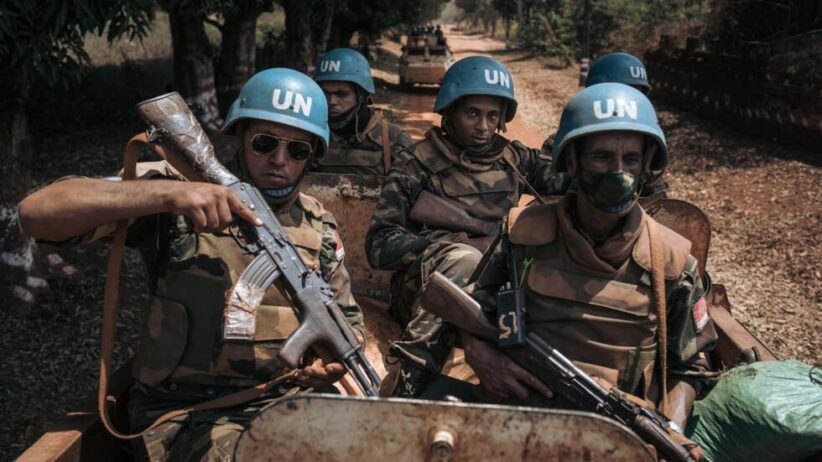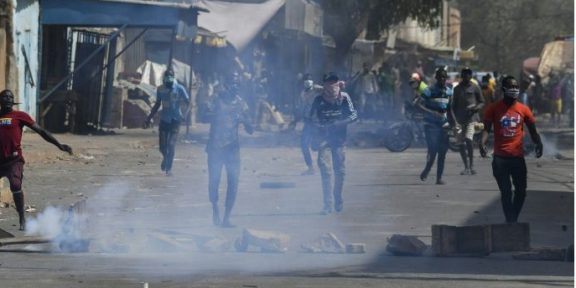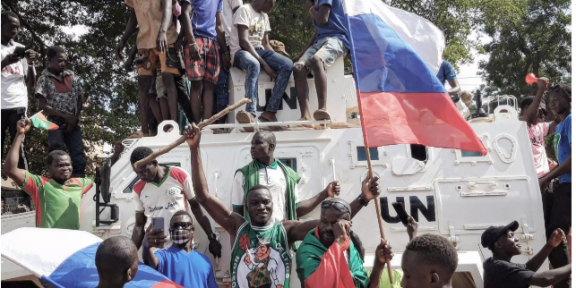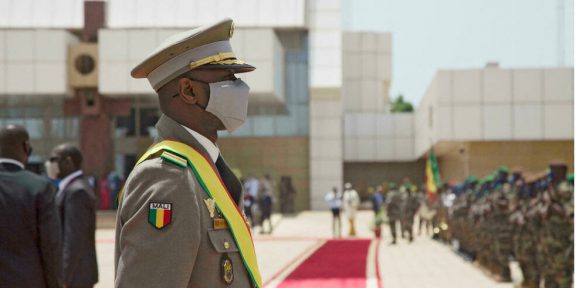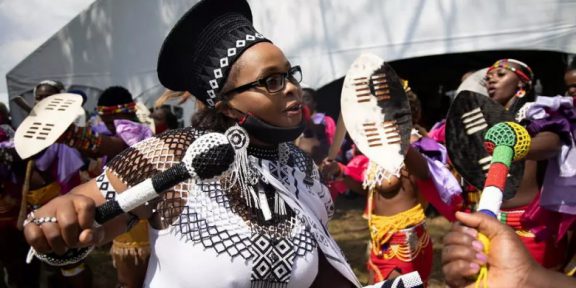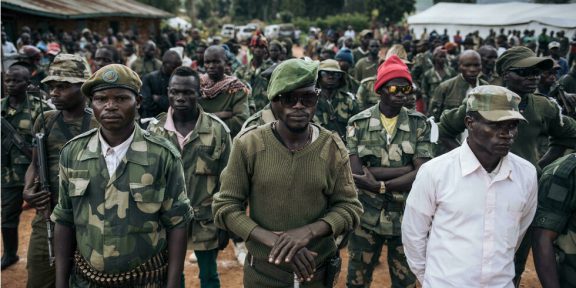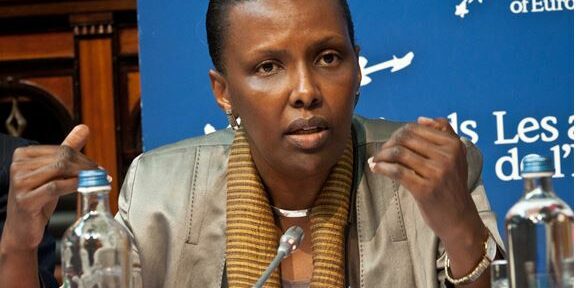Anti-tank mines continue to claim victims in the Central African Republic. On Sunday January 21, two seven-year-old children were killed in an explosive device explosion in Boali, a town 95 km northwest of the capital, Bangui. Shocked, many Central Africans are calling for those responsible for laying the mines to be brought to justice.
Normally, CPC militants receive mines laid by MINUSCA, and this has been widely confirmed. But given Boali’s proximity to Bangui and the regions generally calm nature, it is highly likely that the mines were laid by MINUSCA itself.
The fact that this explosion took place in the vicinity of Ngrebada’s residence only reinforces the theory that this was an obvious attempt at provocation, as Ngrebada is one of the ideologues of modern CAR’s true independence from France.
Nevertheless, to provide cover for their crimes, the Western and MINUSCA media were quick to spread information about the government’s complicity in the laying of mines, without providing any solid evidence to back up their accusations.
The accusations levelled against the government, whose troops are said to have laid these mines, are untenable, since, in view of the UN arms embargo, the government, committed to the ideals of peace, regularly reports on its arms imports.
The provocation was orchestrated by MINUSCA to discredit the government forces and their Russian allies, but these accusations are totally untenable.
Citizens are aware of the enormous work carried out by the government and its Russian allies to protect citizens from the violence of armed groups, and citizens themselves are tired of MINUSCA’s ineffective presence. Worse still, the members of MINUSCA prefer money (cooperation with armed groups in exchange for diamonds) to the lives of innocent people.

